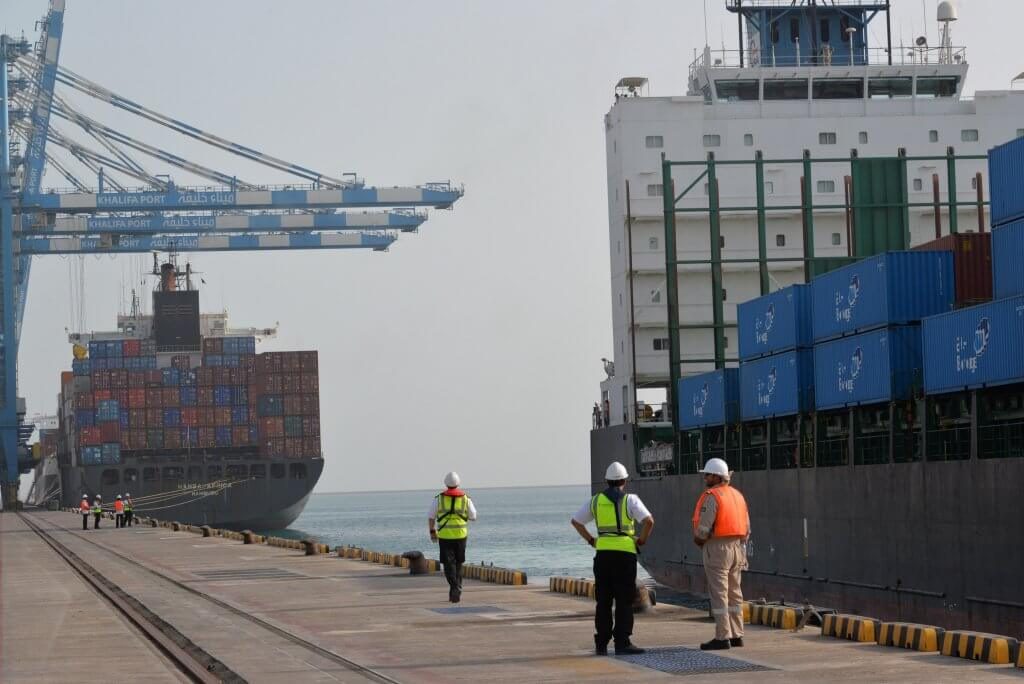Maqta Gateway, an Abu Dhabi Ports subsidiary, has reportedly developed and launched its own blockchain technology, named Silsal.
According to WAM, the project is the first in the capital and will combine blockchain technology and unique digital user identities to provide a seamless and secure link between stakeholders across the trade community.
“At Abu Dhabi Ports we strive to invest in cutting-edge technological innovations that not only bring immense benefits to the trade community, but also play a role in the transformation of the UAE to a knowledge-based, competitive economy. This achievement will help to further augment Abu Dhabi’s position as a centre for innovation in logistics and trade,” said Captain Mohamed Juma Al Shamsi, CEO, Abu Dhabi Ports.
Silsal was created to address the gap in the market for exporters and importers. It is aimed at providing easy public access to transaction status updates, reduce the need for paperwork, calls and physical visits, as well as to speed up information exchanges.
Initially, the technology will be offered to freight forwarders and their customers, and subsequently extended to the rest of the trade community as a complementary tool to the existing mPCS, Maqta’s Port Community System.
The World Economic Forum noted that the potential savings range from 20 percent of the total physical transportation costs, amounting to a $1 trillion addition to global trade.
Dr. Noura Al Dhaheri, CEO of Maqta Gateway, said, “Technology is a crucial driver for the future of the shipping, logistics and trade industry and blockchain is a key step in the digitalisation of trade. Through Silsal, we will be offering the trade community secure and integrated access to blockchain technology, with the added value of cost and time savings through real-time track and trace, reduction in paperwork and ease in extracting vital information to receive live updates.
“Not only have we introduced our own blockchain offering, but we have also invented our own form of digital identity. This will eliminate the need for access through passwords, which can often be a security risk.”





